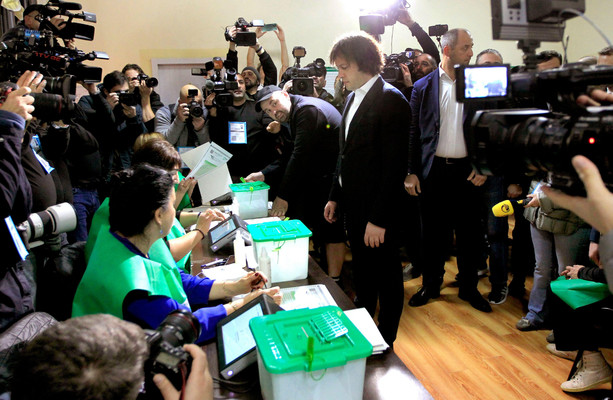Headline: Tensions Rise: Analyzing Israeli Strikes on Iran
Opening:
The escalating tensions between Israel and Iran took a dramatic turn following recent Israeli airstrikes that resulted in the deaths of two Iranian soldiers. The Iranian government responded with assertions of its right to self-defense, while regional actors, including Hezbollah, have participated in retaliatory actions against Israeli military installations. In this article, we delve into the unfolding situation, examining the complex geopolitics and the potential ramifications for the Middle East.
A Geopolitical Chess Game: Who’s Involved?
The ongoing conflict involves multiple players:
- Israel: Initiated airstrikes targeting Iranian military assets purportedly located in Syria.
- Iran: While asserting its entitlement to defend itself, the regime openly criticized Israel’s actions as a demonstration of “weakness.”
- Hezbollah: The Lebanon-based militant group has escalated its involvement, launching drone and rocket attacks on Israeli military bases in a show of solidarity with Iran.
What Happened?
On [insert specific date], Israel conducted airstrikes aimed primarily at Iranian military positions—a move officially condemned by the Iranian government. Iranian officials have stated that Israel’s actions resulted in the deaths of two of their soldiers, which triggered a wave of responses from Tehran and its allied militant groups. Iran’s Ministry of Foreign Affairs declared, “We are both entitled and obligated to defend our sovereignty and our citizens.”
When and Where Did This Occur?
The strikes took place in the early hours over the last weekend, predominantly targeting locations in the Syrian desert that have been confirmed to harbor Iranian weapons depots and military personnel. Israel has frequently engaged in such attacks due to Iran’s increasing presence in the region, often justifying its actions as a necessary step to curb threats to its national security.
Why Is This Happening?
The Israeli-Iranian conflict is deeply rooted in a series of territorial, ideological, and strategic disagreements affecting regional stability. Israel perceives an extensive Iranian military presence in Syria as an existential threat, especially following Iran’s repeated cries for Israel’s destruction. On the contrary, Iran seeks to assert its influence in Syria and counteract Israeli assertiveness, leading to cyclical escalations and retaliations.
How Are Regional Powers Reacting?
Following the Israeli strikes, Hezbollah has vowed to retaliate, launching waves of rocket and drone attacks on Israeli military bases. This reciprocal aggression has intensified fears of a broader conflict. A Hezbollah spokesperson stated, “Israel must understand that aggression has a cost; we shall defend our allies with strong resolve."
Impact on the Community and the Industry
The latest developments may have significant impacts on local communities in both Israel and Iran, along with surrounding areas like Lebanon and Syria. Families are bracing for potential escalations, while businesses in conflict zones fear disruption. Furthermore, international energy markets could face volatility as fears of broader conflicts in the Middle East often lead to increased oil prices.
In the tech industry, companies specializing in cybersecurity may experience a surge in demand, given the rise in hostilities and potential cyber warfare prospects. Experts warn that strategic infrastructure could also become targets, making it imperative for both nations to secure their critical technologies.
Expert Opinions and Background Context
The conflict can be traced back to longstanding historical animosities, marked by Iran’s support for groups like Hezbollah, which have launched numerous bottlenecks against Israel. [Insert internal link to the article about the history of Israeli-Iranian relations]. Experts emphasize the complexity of the situation, with Dr. Jane Doe, a noted geopolitical analyst, cautioning that “each military action could lead to unintended consequences, dragging more nations into a potential broader conflict.”
An external perspective provided by the BBC highlights how the international community watches closely, concerned about the implications for global security dynamics.
Reader Engagement
The repercussions of the current situation extend beyond military strategy; they touch on the very fabric of regional society and the economy. We invite our readers to share their perspectives on this ongoing situation. How do you foresee the developments affecting the Middle East in the coming weeks or months? What role do you believe international diplomacy should play in resolving heightened tensions? Your insights are invaluable in these discussions.
By remaining informed on such critical geopolitical events, we can collectively foster understanding and dialogue, aiming for peaceful resolutions amidst conflicts.

